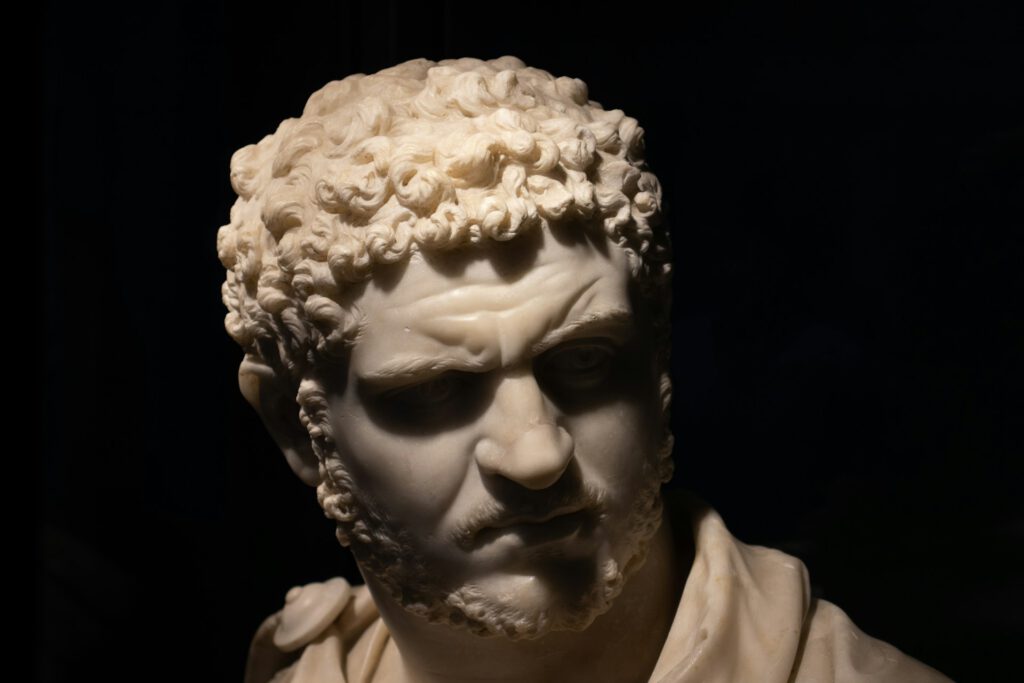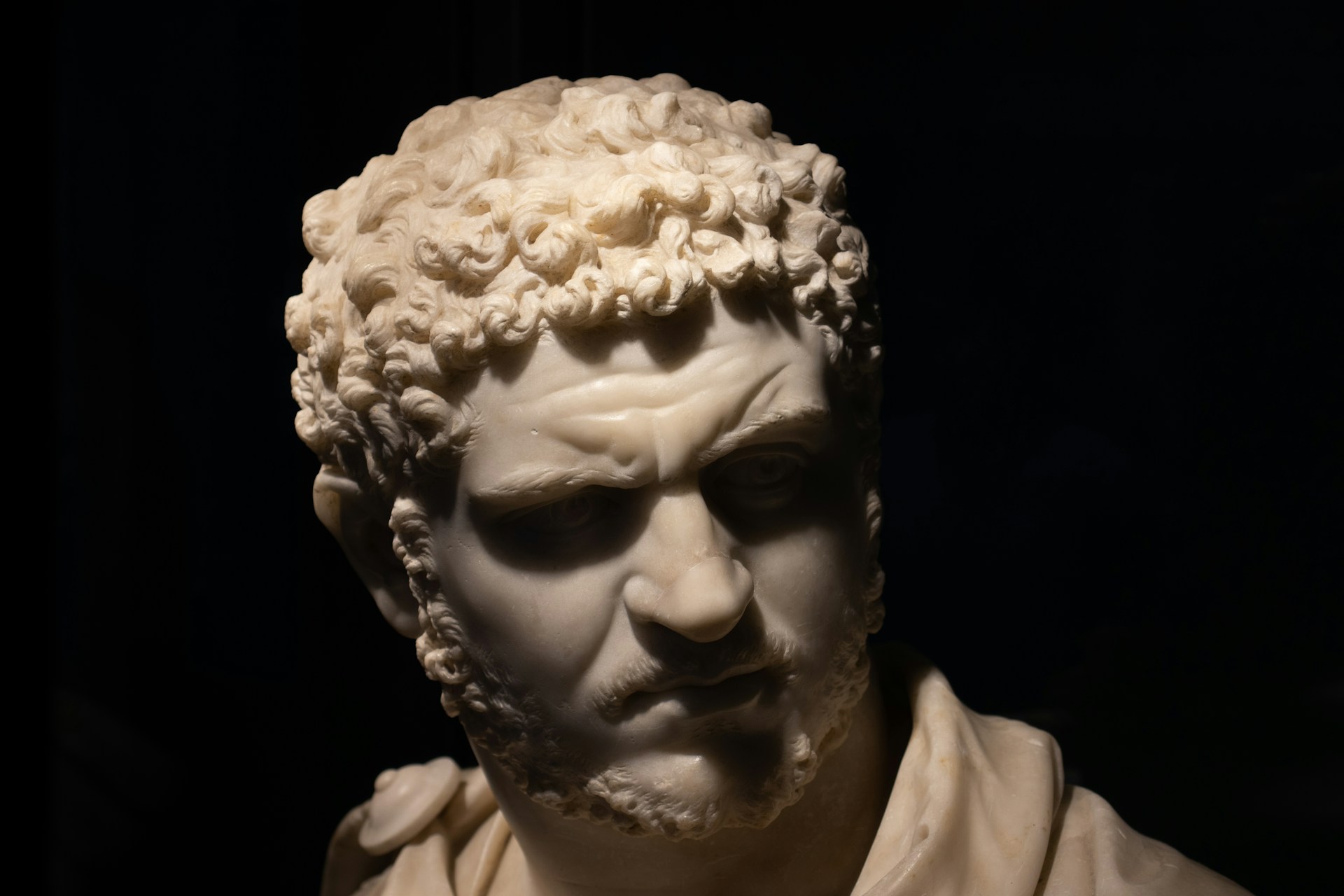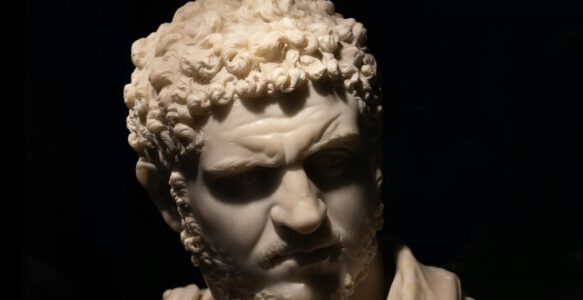Every Role Begins The Same Way: With A Name.
Sometimes you get a script.
Sometimes just a whisper — “You’ve been cast.”
And suddenly, you’re responsible for someone’s history.
But who was she, really?
What did he carry in his coat pocket?
What didn’t they say out loud — not even in their own letters?
You ask this yourself, and there’s silence…
You’re expected to carry whole decades in your body.
To carry trauma, longing, love, shame.
To fill in gaps the script skips over.
And you’re often handed:
- A few timeline notes
- A dialect coach
- A costume fitting
But none of that tells you what it felt like to wake up in 1937 knowing your neighbours were disappearing.
None of that explains why your character signs their name with hesitation.
Or why they never travelled back to their home country, ever.
When I saw this again and again, I asked myself: How can we fill the silence? And I started scribbling down notes that later would become the »Get To Know Your Protagonist« service, because I saw how many actors were being left alone with that silence.
In this concise session, we don’t guess.
I build you a 10–20 page emotional research file based entirely on real historical materials:
- Deportation orders
- Censored love letters
- Daily expenses
- Eyewitness accounts
- Family photographs with faces you won’t forget
And I walk you through it — in a private video, where I explain the deeper cues and choices behind what I found.
That research file & video can become the foundation for a longer 1:1 collaboration between you and me — your personal historical consultant who understands storytelling, psychology and people across eras.
This isn’t information. It’s entry.
🎥 You’ve been cast. Now meet who you’re becoming.
Start here: Get To Know Your Protagonist

Image: by Ian Noble auf Unsplash
Research For Actors Who Play Real People
❓ FAQ for Actors
Q: How does historical research actually help me as an actor?
A: Most actors are handed timelines, costumes, or dialect notes — but those don’t explain how it felt to live in that time. My research file gives you real emotional cues from archives: ration cards, censored letters, deportation orders, family photos. These fragments show you how your character thought, moved, and loved — so you can embody them with truth, not guesswork.
Q: What if I only have a few days before filming starts?
A: That’s exactly why I created this service. You’ll get a concise 10–20 page research file plus a private walk-through video, fast. No wading through libraries, no irrelevant PDFs. Just the essential evidence you need to reset your prep — in time to step onto set with confidence.
Q: Why work with a historical consultant instead of just reading history books?
A: Books give you context. But acting needs texture. I pull overlooked details from archives, diaries, photographs, and daily objects that most historians skip — then translate them into usable emotional cues for your performance. It’s not information; it’s entry into another life.
Q: Is this kind of research especially for actors who play real people?
Yes, because when you’re cast as someone who actually lived, the stakes are higher. Audiences already have expectations — and you feel the weight of doing justice to a life. Traditional prep can only take you so far. Research for actors who play real people means finding the overlooked details: the hesitation in a signature, the ration card folded too many times, the photograph where someone avoids the camera. These fragments don’t just inform you — they give you emotional entry into who that person was.

